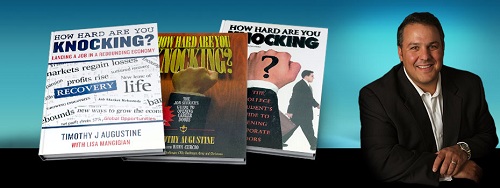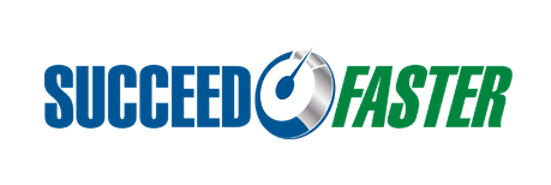The first task of successful interviewing is answering the ubiquitous and difficult, “Tell me about yourself” prompt. This is a simple request with a complicated answer. Whether you are meeting a stranger in the elevator, responding to an interviewer’s prompt, or shaking hands at a networking event, you need to know how to respond. If you are prepared to answer this question, you will be prepared for unexpected opportunities.
Don’t ever respond by giving your life story, bragging, or wasting time talking about some trite interest. The request begs an answer that continues the conversation in a compelling manner. Convince the other person that you have done your homework and are interested and bring value to any enterprise. The most powerful response will articulate your strengths and competitive advantages over the next candidate. This is not the time to be humble, shy, or embarrassed.
Be strong, strategic, and succinct. Know your selling points. Describe the kind of problems that you solve better than anyone else does. Figure out what is truly unique and valuable about you and lay it on the table.
Whether you can conjugate verbs in Swahili, sell tricycles to seniors, or create mosaic masterpieces, be ready to share a short story about how this skill brings value to others. If you honestly don’t know your strengths, complete career assessments, work with a career counselor, review your performance evaluations or simply watch a colleague and assess what you can do better, quicker, or more creatively.
Successful networkers are always prepared to deliver their professional pitch or thirty-second commercial. Whether you use this pitch at a job fair, when you meet a VIP, or to answer the “Tell me about yourself” interview question, it is a helpful tool to have ready at all times.
Here’s a sample script for a job seeker with experience: “As a long-term intern for Tech Systems, I focused on industry knowledge, developing relationships, and growing revenue. My industry knowledge helped develop a list of forty qualified prospects. My relationship skills opened the doors to meet decision-makers and executive-level contacts and to identify potential solutions to their problems. In fact, the result is an average annual revenue increase of forty-eight percent over the past twelve months, at a time when the industry is experiencing a significant recession.”
College students with less experience could answer like this: “As the communications coordinator for the solar car team at Michigan, I developed press releases, conducted interviews and managed an extensive blog for the project. This experience has prepared me to work in the tech industry as a communications specialist.”
Finally, remember to think micro and macro. After you take a microscope to yourself, use binoculars to figure out the path ahead. Know who you are so you can determine where you are going. Think about how you can most effectively interact with the world in a way that brings true personal satisfaction.
Insider’s Tip: Keep in mind that the interview is not an interrogation. It is a two-way conversation. Be curious, engaged, and ready with questions. Don’t be intimidated; you are interviewing them as much as they are interviewing you. Remember, they once were in your shoes, and they put their pants on one leg at a time just like you. In fact, many employers find interviewing very stressful.






